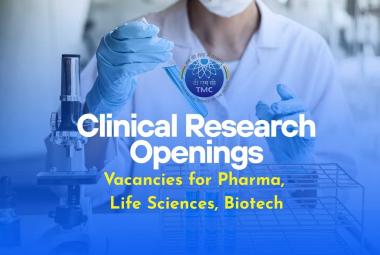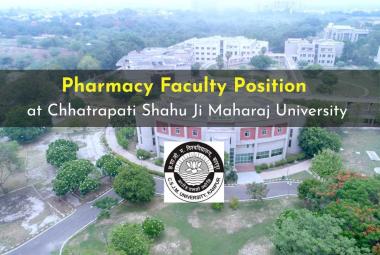Human ancestors began evolving the ability to digest alcohol about 10 million years ago, researchers say. The study found that a single genetic mutation 10 million years ago endowed human ancestors with an enhanced ability to break down ethanol.

[adsense:336x280:8701650588]
Ethanol is found in rotting fruit and is also used in liquor and fuel. The ability to break down alcohol likely helped human ancestors make the most out of rotting, fermented fruit that fell onto the forest floor, the researchers said. Therefore, knowing when this ability developed could help researchers figure out when these human ancestors began moving to life on the ground, as opposed to mostly in trees, as earlier human ancestors had lived, 'LiveScience' reported.
Lead study author Matthew Carrigan at Santa Fe College in Gainesville, Florida and his team focused on the genes that code for a group of digestive enzymes called the ADH4 family. ADH4 enzymes are found in the stomach, throat and tongue of primates, and are the first alcohol metabolising enzymes to encounter ethanol after it is imbibed. The researchers investigated the ADH4 genes from 28 different mammals, including 17 primates. They collected the sequences of these genes from either genetic databanks or well-preserved tissue samples. The scientists looked at the family trees of these 28 species, to investigate how closely related they were and find out when their ancestors diverged. In total, they explored nearly 70 million years of primate evolution.
[adsense:468x15:2204050025]
The scientists then used this knowledge to investigate how the ADH4 genes evolved over time and what the ADH4 genes of their ancestors might have been like. Carrigan and his colleagues took the genes for ADH4 from these 28 species, as well as the ancestral genes they modelled, and plugged them into bacteria, which read the genes and manufactured the ADH4 enzymes. They tested how well those enzymes broke down ethanol and other alcohols.
The results suggested there was a single genetic mutation 10 million years ago that endowed human ancestors with an enhanced ability to break down ethanol. The scientists noted that the timing of this mutation coincided with a shift to a terrestrial lifestyle. The ability to consume ethanol may have helped human ancestors dine on rotting, fermenting fruit that fell on the forest floor when other food was scarce. The findings are published in the journal Proceedings of the National Academy of Sciences.













